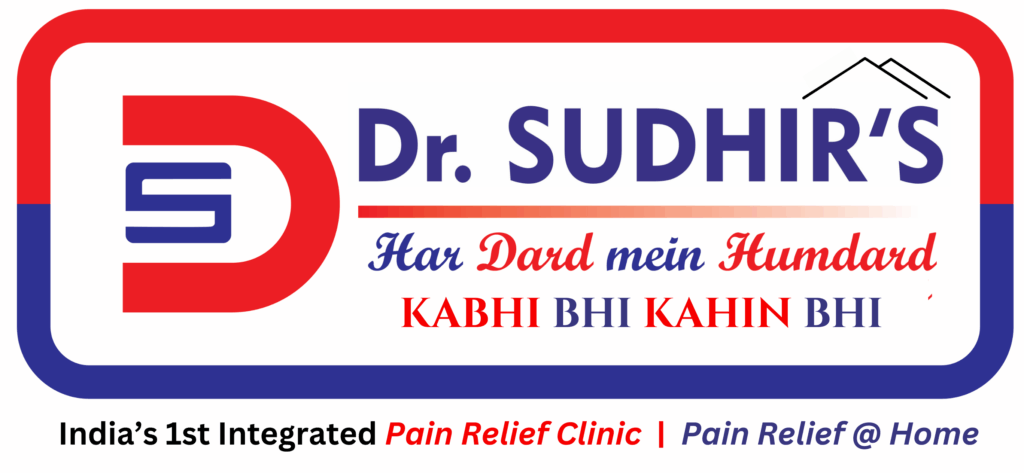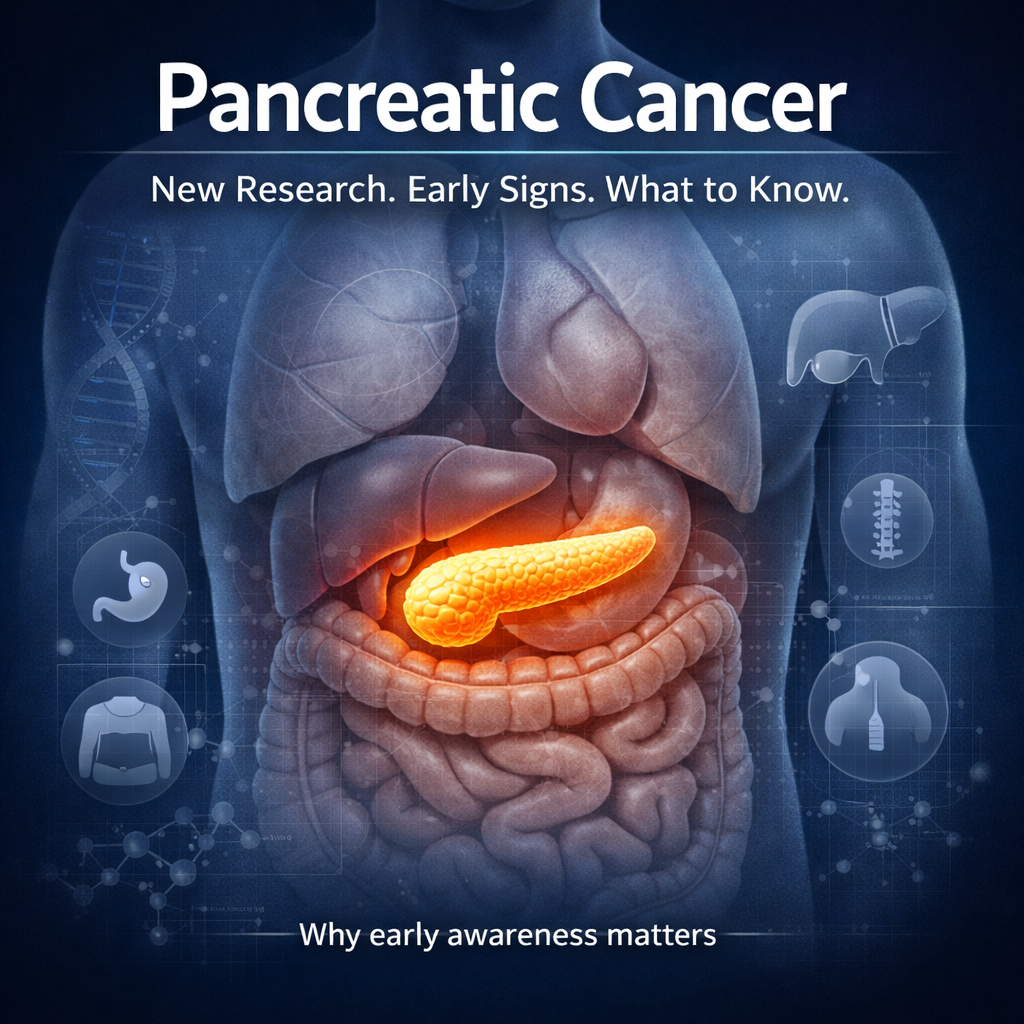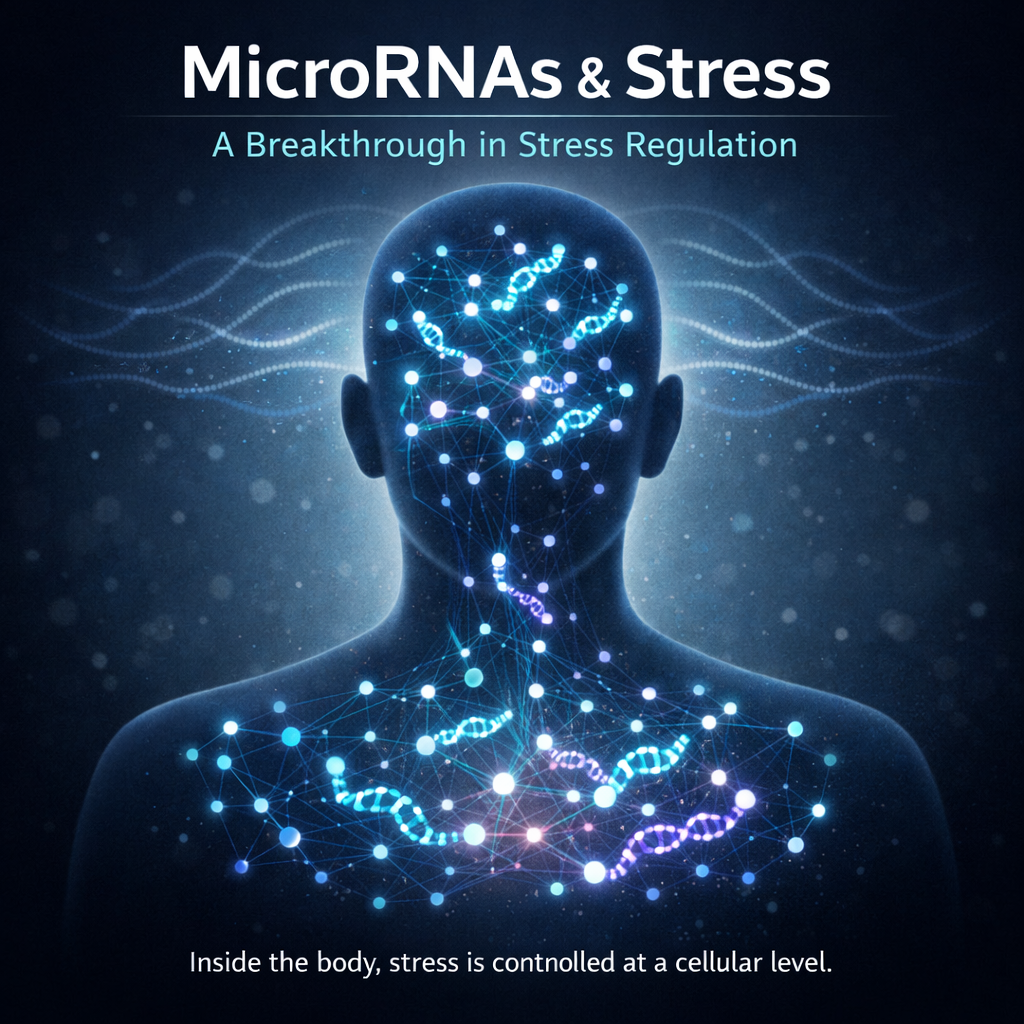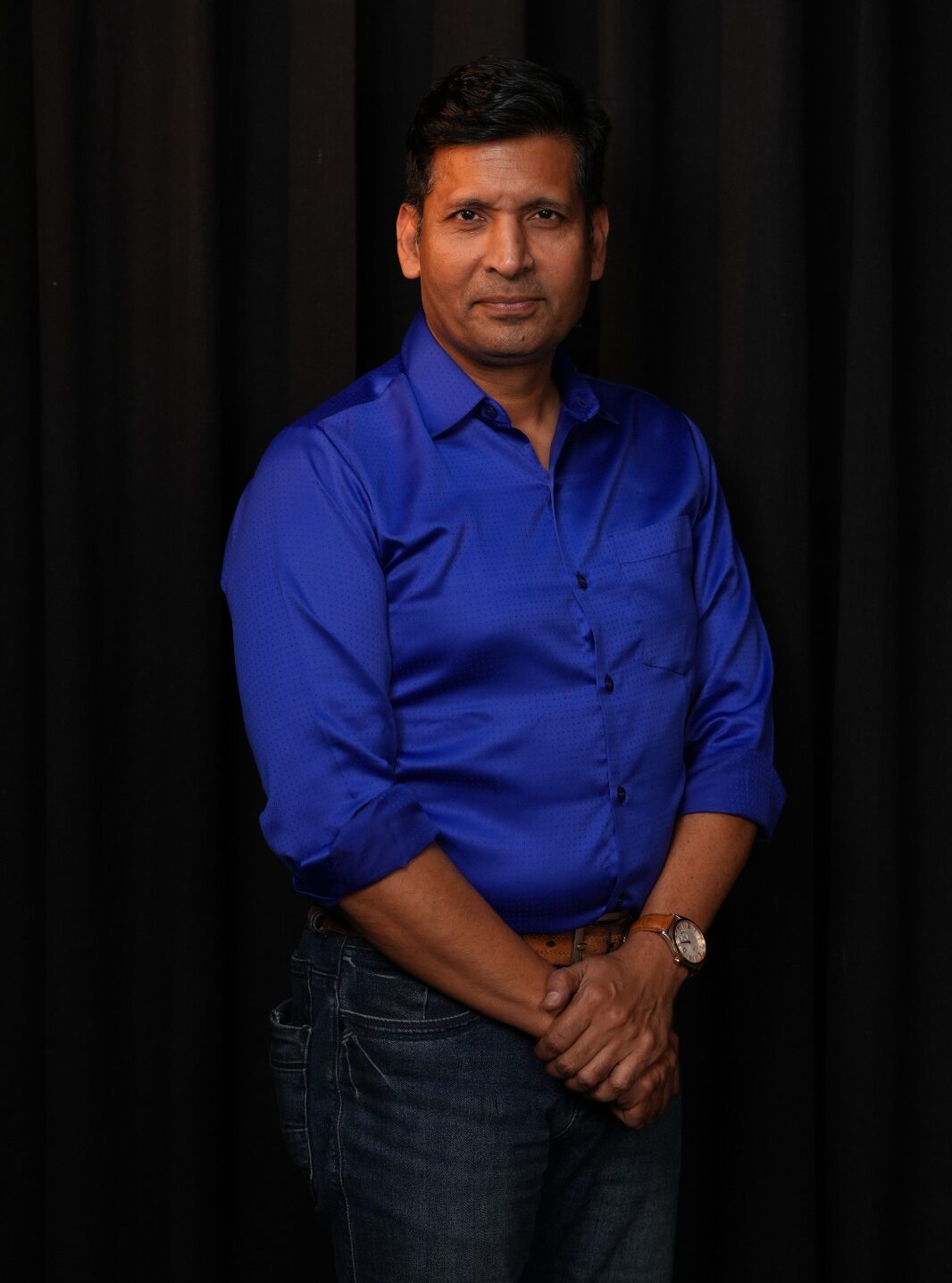
About Our Founder: Dr. Sudhir Kumar
A Vision for Compassionate, Expert Care
Medical Qualifications:
Dr. Sudhir Kumar is an MBBS, MD, and DM (Neuro) Senior Consultant Neurologist with advanced training from prestigious institutions such as JIPMER (Pondicherry), SMS (Jaipur), PMCH (Patna) and K.E.M. (Mumbai)
Medical Expertise:
20+ years of experience as a Neurology Consultant across AMRI, DESUN, Apollo, B.P. Poddar, CMRI, and Woodlands Hospitals, providing comprehensive clinical expertise and pain management.
Integrated Pain Management Specialist:
Dr. Sudhir has operated clinics across Eastern India, integrating modern medicine with Ayurvedic therapies to treat chronic pain conditions including headaches, spondylitis, knee pain, frozen shoulder, injury pain and stroke rehabilitation.
Integrated Pain Solution :
WITH HIS VAST NEUROLOGICAL EXPERIENCE & FURTHER RESEAECH, HE HAS
INVENTED INTEGRATED PAIN SOLUTIONS THROUGH NON- SURGICAL & NON
INVASIVE APPROACH
Ask Dr. Sudhir Kumar
Featured on Podcasts
FAQS
Explore Common Queries Answered
Find answers to the most common questions about our services, treatments, consultations, and what to expect at Dr. Sudhir’s Pain Relief Clinic. Your comfort and clarity are our priority.
Painkillers containing codeine should only be taken for three days at most without medical advice. Taking other over-the-counter drugs for longer than ten days without guidance from a healthcare professional, could increase your risk of side effects such as problems with your stomach, heart, liver, or kidneys.
Stretching, walking, strengthening, and aerobic exercises can help reduce pain and improve your mood.
Pain relief can improve your quality of life by helping you function better physically and emotionally. It can also help you feel more comfortable, have less stress, and be able to participate in more activities.
Acetaminophen. Acetaminophen is usually recommended as a first line treatment for mild to moderate pain. It might be taken for pain due to a skin injury, headache, or conditions that affect the muscles and bones. Acetaminophen is often prescribed to help manage osteoarthritis and back pain.
You may feel hazy or groggy as you come round from the general anaesthetic. A nurse may give you oxygen (through tubes in your nose or a mask) to help you feel better. It's common to feel sick or vomit after you've been given general anaesthesia. Your nurse may offer you medicine to help with sickness.
The doctor determines the site for a procedure through various means, including medical imaging (like X-rays, MRIs, or CT scans), physical examinations, patient history, and sometimes diagnostic tests. These methods help locate the precise area requiring attention, ensuring accuracy and minimizing risks. Additionally, doctors may use anatomical landmarks or specific protocols for certain procedures. Collaboration with other medical professionals and reviewing relevant medical records also aids in determining the optimal site. Ultimately, the goal is to select the most appropriate location based on patient needs, medical indications, and procedural requirements, ensuring the best possible outcome.
The duration of procedures varies widely depending on complexity, context, and individual factors. Routine medical procedures like a simple blood draw or a vaccination may take just a few minutes. Minor surgical procedures such as removing a small skin lesion typically last between 15 to 30 minutes. More intricate surgeries, like open-heart surgery, can span several hours. Diagnostic procedures like MRI scans generally range from 30 minutes to an hour. However, these times are approximate and can vary based on factors such as preparation, patient condition, and unforeseen complications. Always consult with a healthcare professional for accurate information regarding specific procedures.
Before your procedure, ensure you thoroughly understand the process, risks, and benefits. Follow pre-operative instructions regarding fasting, medication, and hygiene. Arrange transportation to and from the facility. Prepare a list of questions for your healthcare provider. If applicable, arrange for someone to assist you post-procedure. Notify your healthcare provider of any changes in your health or medications. Stay hydrated and get plenty of rest. Mentally prepare yourself by practicing relaxation techniques. Lastly, ensure you have all necessary documents, such as insurance information and identification, ready for the day.t.
Give the doctor more detail than saying you're “always” in pain, or “sometimes” in pain. Try something like: "I always feel some aching pain in this spot, but it's worse in the early mornings and it lasts about an hour."
Real People,
Real Recoveries
At Dr. Sudhir’s Pain Relief Clinic, every story matters. Discover how real people found real relief and recovery through our expert care.


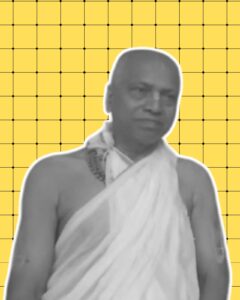
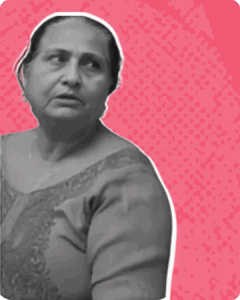
News
Keep Healty By Following Our Blog
Other News
Pancreatic cancer research hits major milestone: What is the disease and how to tell the signs?
In recent years, pancreatic cancer — one of the deadliest…
Children & Waterborne Illnesses: Protecting Young Health After the Indore Crisis
The recent water contamination crisis in Indore and nearby areas…
Why Stress Is No Longer Just “Mental” — What Science Now Shows
For a long time, stress was dismissed as something abstract…
Breakthrough Discovery in MicroRNAs Could Transform Stress Management
For decades, stress has been treated mainly as a psychological…
